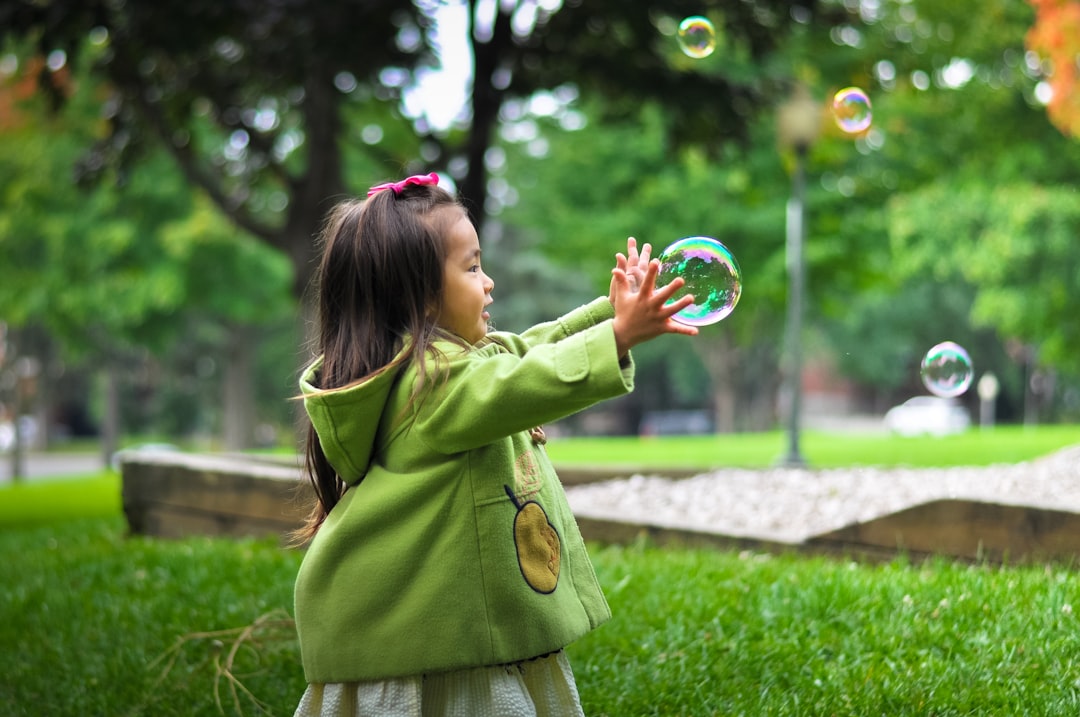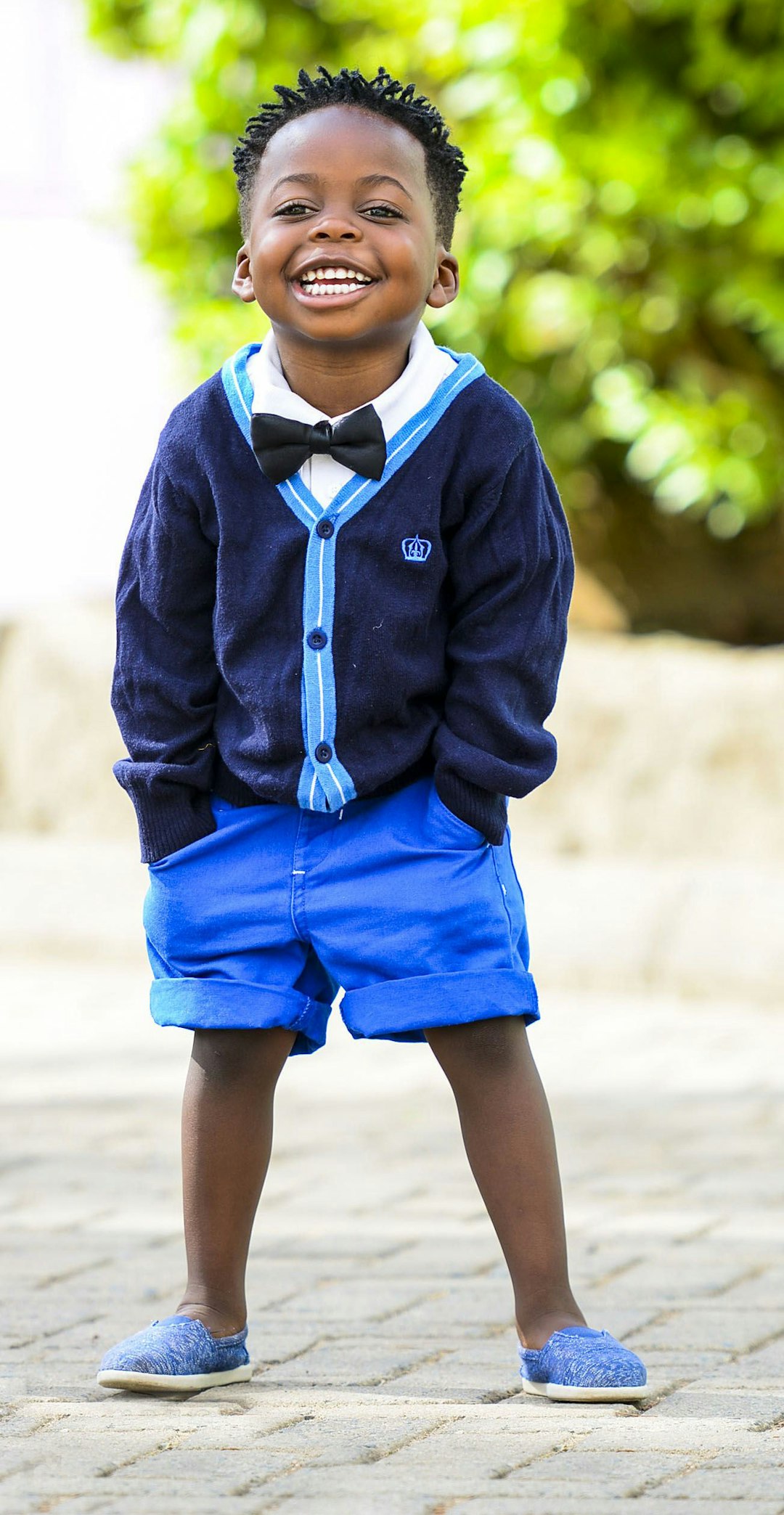In Florida, the Juvenile Justice System focuses on rehabilitation and accountability for minor offenders, with child abuse attorneys playing a crucial role in advocating for their rights. These attorneys promote alternative solutions like counseling, group therapy, education on healthy relationships, conflict resolution, and skills training, aiming to break cycles of violence and reduce recidivism. By challenging punitive measures and driving systemic change, they contribute to safer communities and prioritize rehabilitation over punishment.
In Florida, addressing child abuse involves a complex interplay between rehabilitation and punishment. This article delves into the juvenile justice system’s nuances, focusing on rehabilitation programs designed to aid young offenders. We explore the effectiveness of these programs versus traditional punishment, considering their impacts on recidivism rates. Furthermore, it highlights the critical role of child abuse attorneys in advocating for reform, ensuring that justice is balanced with a chance at healing and growth for those who have committed abusive acts.
Understanding Juvenile Justice System in Florida

The Juvenile Justice System in Florida is designed to address cases involving minors, particularly those accused of committing crimes. Unlike the adult criminal justice system, it focuses on rehabilitation and accountability rather than solely punishment. This system aims to help young individuals understand and take responsibility for their actions while also providing them with the necessary tools to become law-abiding citizens.
In Florida, child abuse attorneys play a crucial role in advocating for the rights of juvenile offenders. They ensure that these young people receive fair treatment within the legal framework. By presenting mitigating circumstances and offering alternative solutions, such as rehabilitation programs, these attorneys contribute to shaping a more compassionate and effective approach to addressing child abuse cases, fostering a positive impact on both the offenders and the communities they serve.
Rehabilitation Programs for Child Abuse Offenders

In Florida, rehabilitation programs have emerged as a cornerstone in addressing child abuse offenses among juveniles. These programs recognize that treating young offenders as criminals may exacerbate existing issues and contribute to a cycle of violence. Instead, they focus on providing comprehensive support tailored to their unique needs, with an emphasis on healing and skill development. Child abuse attorneys in Florida often advocate for these alternative approaches, arguing that they not only foster personal growth but also enhance the likelihood of successful reintegration into society.
Rehabilitation initiatives typically include counseling sessions, group therapy, education on healthy relationships and conflict resolution, and skills training to ensure a more promising future. By offering such interventions, Florida’s justice system aims to disrupt the patterns of abuse and empower young offenders with the tools necessary to make positive choices. This proactive approach not only benefits the individuals involved but also contributes to a safer community overall, as it reduces recidivism rates among child abuse offenders.
Punishment and Its Impact on Young Offenders

Punishment, often a go-to response in addressing juvenile crimes, including abuse, can have profound and lasting effects on young offenders. In Florida, where child abuse cases are not uncommon, the legal system has traditionally relied on punitive measures such as detention, fines, and community service. While these may serve as deterrents, they might not effectively address the underlying issues that contribute to abusive behavior. Research suggests that punishment alone can lead to recidivism, especially when it fails to provide a comprehensive understanding of the offender’s circumstances.
Child abuse attorneys in Florida advocate for alternative approaches like rehabilitation, which focuses on counseling, education, and skill-building. These strategies aim to break the cycle of abuse by addressing the root causes. By providing support and resources, rehabilitation can empower young offenders to make positive changes, ultimately reducing the likelihood of future abusive behavior.
Role of Child Abuse Attorneys in Advocacy and Reform

In the complex landscape of juvenile justice, child abuse attorneys in Florida play a pivotal role in advocating for vulnerable youth and driving reform. These legal professionals are equipped to navigate intricate laws and policies, ensuring that the rights of abused children are protected. They tirelessly work to challenge systemic issues, promote restorative practices, and advocate for evidence-based interventions.
By providing legal representation, child abuse attorneys offer a critical safety net. They defend the interests of their young clients, advocating for rehabilitation over punitive measures. Their efforts contribute to shaping policies that prioritize healing and prevention, ultimately aiming to break the cycle of abuse. These attorneys are at the forefront of championing change, ensuring Florida’s juvenile justice system is more responsive to the unique needs of child abuse victims.






